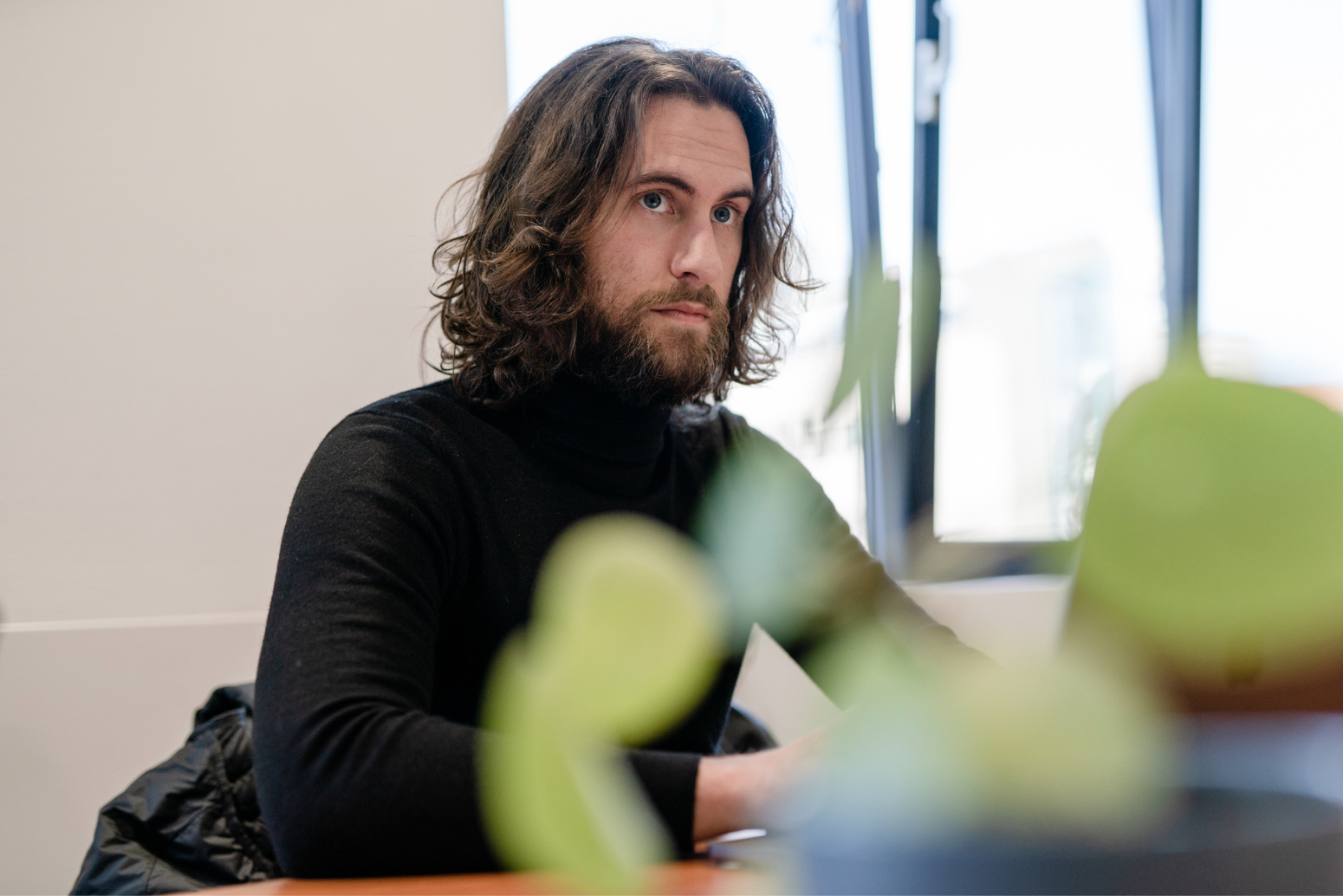Tycho Tax (Head of Machine Learning)
Tycho Tax is an applied mathematician, part-time philosophy student, aspiring musician, and Head of Machine Learning at Tilt. Together with a dedicated team of data scientists he works to implement machine learning models to ensure that Tilt’s services stay innovative and up-to-date.

Growing up, he was raised in Amsterdam by his mother, a writer, and his father, a computer scientist. Two very different disciplines united in their love for language. It might not be a surprise, therefore, that Tycho ended up specializing in Natural Language Processing after his studies in Liberal Arts and Sciences and Applied Mathematics.
While studying in London, Tycho developed an interest in start-up culture as he met many entrepreneurs engaged at the intersection of technology and society. Tycho was determined to apply his knowledge and skills to make a social impact. In the past years, he has worked in the fields of healthcare, environmental economics and on how to develop AI policy to align technological progress with public values.
Modeling ambitions
His wish is to develop AI responsibly, and for the right purposes, matches with Tilt’s mission. Tilt believes in ethics by design and meaningful human control, whereby our analysts are always the final decision makers and our machine learning models are continuously adapted to their needs. Tycho finds disinformation an exciting field because of the complexity in determining what positive and negative roles technology plays, all the while treading carefully between the opposing values of privacy, online safety, and the stability of the democratic process.
For this reason, he has helped Tilt in developing hate speech models and is working to detect other signs of (coördinated) online manipulation. Tycho believes in a dual approach: focus on the resilience of individuals against disinformation, while also using technology to further empower societal actors such as independent journalists, sociologists, political scientists and psychologists to investigate and regulate the online public space.
Let’s talk
Let’s talk
"*" indicates required fields






